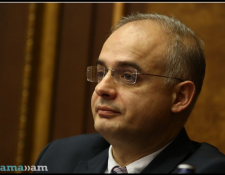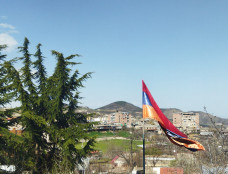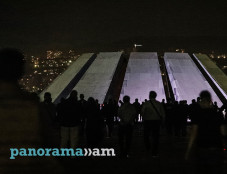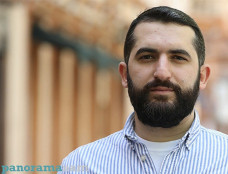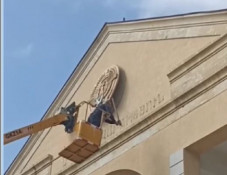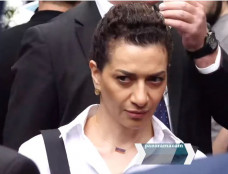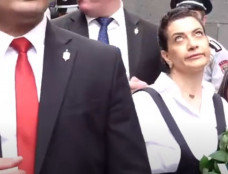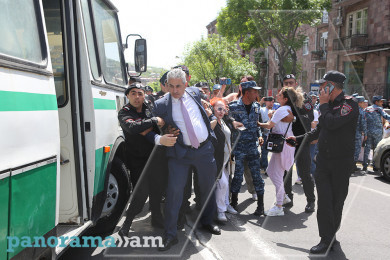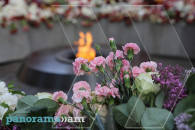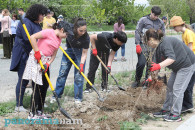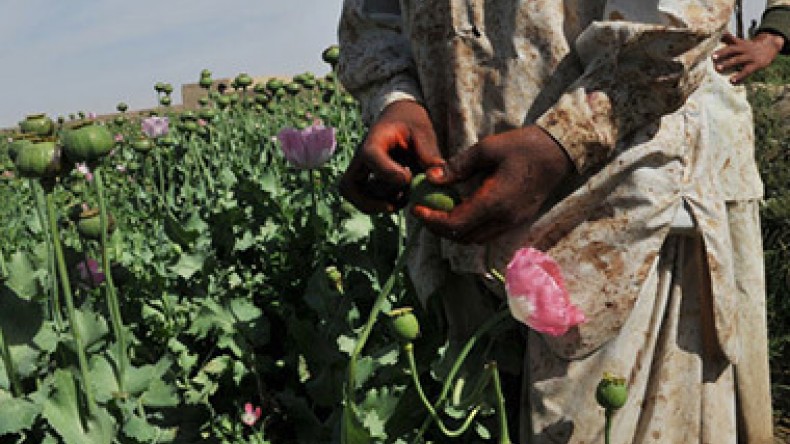
Poppy revolution in Afghanistan to follow the elections?
By Claudio Gallo
From RT
Not everything is going bad in the Afghan snake pit, where the West has calamitously been poking its nose since the 19th century.
The American guardian angels are ready to depart by the end of December, after only 13 years of bloody and apparently useless war (trying to leave behind a fistful of bases, anyway).
While this may be bad news for the recently elected president, the Taliban are already hailing the return of the country into the folds of their Sharia world, which springs directly from the fundamentalism and radical preaching of Deobandi. And the only ones who are really enjoying themselves are the opium farmers who are witnessing their sales go through the roof.
Opium production in Afghanistan has risen by nearly 50 percent in the last year, according to a recent United Nations report. Viktor Ivanov, the head of Russia’s anti-drug service, described it as a “dragon” that is “ravaging our youth.”
At the beginning of January, Jean-Luc Lemahieu, outgoing head of the UN office on drugs and crime in Afghanistan, said: “If no appropriate action is taken, then Afghanistan runs the risk of becoming a fragmented criminal state, ruled by an illicit economy."
In 2013, the Afghan opium business amassed 68 billion US dollars globally, although less than 10 percent of that remains in the country. Opium has no rivals in the country; Afghanistan’s second cash crop is nuts, accounting for 7.4 percent of the country’s total official exports of 376 million US dollars.
What else has paid for the recent presidential election campaign if not the dope-coins, much more reliable than the politically harassed bitcoins? And the party is not over yet: next year there will be parliamentary elections.
What is impressive is that currently opium production in Afghanistan is outstripping international demand: they are filling the storehouses for bad times, so as not to send the prices down; the money that usually comes from the myopic Western approach of assistance, consisting of rebuilding while simultaneously destroying , is drying up.
After 2001, the West spent more or less 100 billion dollars on social services in the country, failing to build even the ghost of an Afghan economy. During the 1970s, Afghan people used to grow all their own food. Now the government has to import huge quantities of food to feed its 32 million people. So, as the Anglo-Pakistani writer Ahmed Rashid puts it: “This year more Afghans are dependent on income from heroin rather than wheat.”
Although not all Taliban are drug dealers, many “theology students” (as the Pashtun word goes, for the religious and political movement established in 1994 with the help of the Pakistani secret service and money from Saudi Arabia), are increasingly interested in the opium trade as a powerful form of financing. Wars and turmoil in the Middle East, after the so-called Arab Springs, made some rich Taliban sponsors shift their attention and their money from Asia to the Mediterranean shores. Less petro-coins, more a case of dope-coins being the solution! To be sure, in the beginning the “students” were openly against drug cultivation.
During their five years in power, 1996-2001, when the main part of Afghanistan was an Islamic Emirate, drug production was practically eliminated as a tribute to Sharia. But they soon discovered the pragmatic side of the world.
The Americans don’t seem really interested in eradicating the plague of opium, even though since 2001 Washington has spent more than 6 billion dollars to curb opium production, including crop eradication programs and subsidies for alternative crops. The words of Senator Dianne Feinstein, chair of the Senate caucus on international narcotics control, with their apparently inner contradiction (unless you really believe that the Taliban may become an “international” threat) reveals the US attitude well: “Very little product from the Afghan drug trade, namely heroin, is actually consumed in the United States. The majority of heroin consumed here originates in Mexico and Colombia. So why does the cultivation of poppy in a faraway land matter? Simply put, the illicit drug trade in Afghanistan finances the terrorist activities of the Taliban. The war against the Taliban is far from over, and a positive outcome for our 12-year investment in blood and treasure will increasingly depend on these critical counter-narcotics efforts.”
Well now, with “our” soldiers about to exit Afghanistan, what really matters when you look at the fact that Afghan heroin is mainly spreading in Russia, Europe and Canada, and not in America?
The real answer is on the ground where, in the words of Jean-Luc Lemahieu: "The security agenda and short-term ideas of success didn't go well with the ideas of counter-narcotics work".
Indeed NATO soldiers prefer not to eradicate opium cultivations. There are good tactical reasons: the destruction of the precious crops may push the farmers into the Taliban’s arms. The result is that in 2013 the area targeted for poppy eradication fell by a quarter, while the land under poppy cultivation rose by 36 percent. The United Nations say that a 10 percent tax is normally imposed by the Taliban on opium crops. According to the US Department of Defense, today an estimated one quarter of their 400 million dollars annual budget comes from the crops. Islamist fighters and some government officials, apparently fierce enemies during the day, are happy meeting to share heroin’s profits by night. Recently the police chief of Nimroz province was arrested on suspicion of ties to the drug trade.
Despite US efforts, overall insurgent funding from drugs trafficking remains mainly unchanged. John Sopko of the Special Inspector General for Afghanistan Reconstruction said that the Taliban now shows a “greater propensity to protect the poppy harvest and regulate narcotics trafficking and production.” The American posture is very far from the one suggested by Viktor Ivanov: “We know every farmer, every lab – just give us international laws, and we will destroy their stocks. We must kill the dragon in his cave.”
But Washington is not eager to collaborate. Even worse, the US had the stroke of genius to put Ivanov on the list of Russian personalities affected by US sanctions for Crimea, and ceased every kind of cooperation with Russia on anti-drug programs.
“It is unbelievable, completely irrational, not even George W. Bush Administration was so rough,” said Pino Arlacchi, European MP for the Italian Democratic Party and former UN Executive Director of the Office for Drug Control and Crime Prevention. “The situation is desperate because here in the West no one seems to care. Europe has given Afghanistan 1 billion euros every year in civilian help since 2009. One small part of this money is enough to solve the problem of opium cultivation and trade in the country. Five years ago, as a member of the European Parliament, I made (together with Ivanov) a detailed plan that was never implemented. Europe discussed the plan with Russia (Moscow was ready to pay half the expenses) but the project remained on the table. The truth is that the West is completely indifferent to the problem.”
Now that Afghanistan is on the verge of taking upon itself the task of maintaining its own security, the situation in the field is going to get worse. After 13 year of war, the Taliban are probably going to settle accounts with the current Najibullah and start a green revolution: more poppies, less nuts.
Newsfeed
Videos





